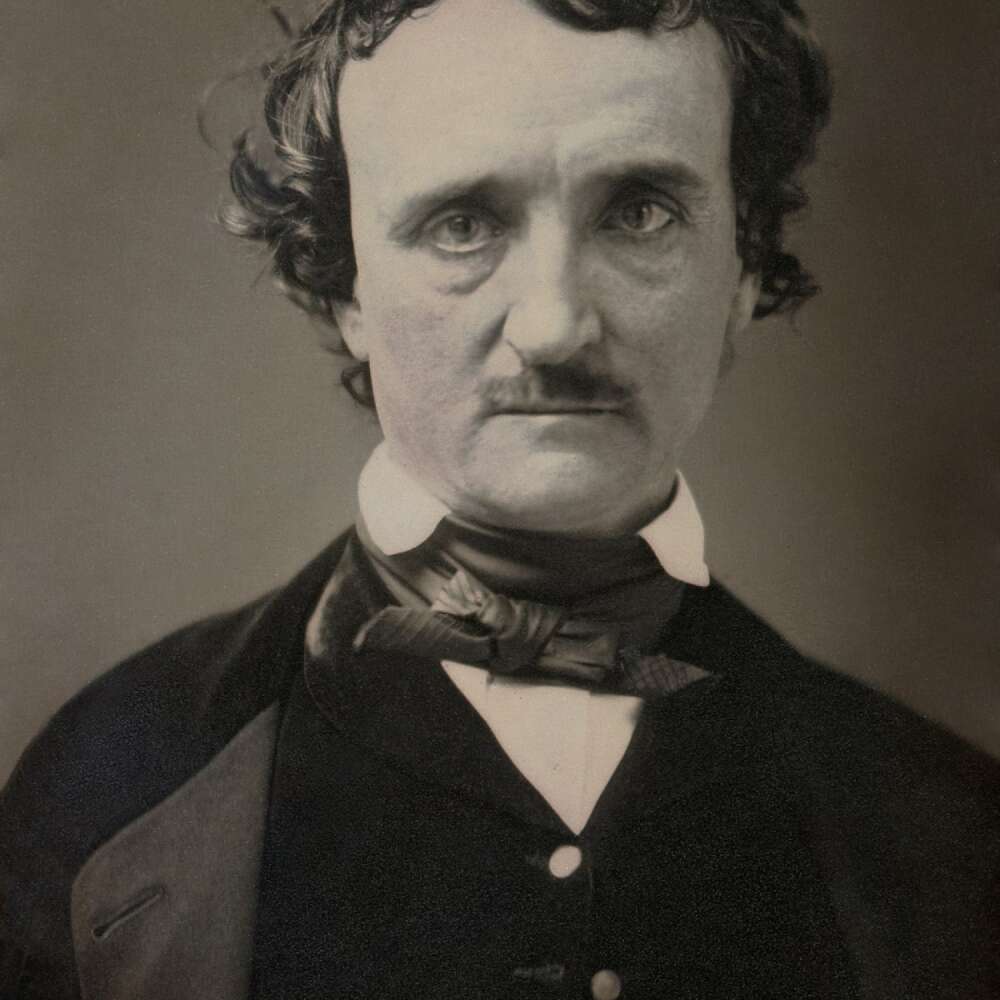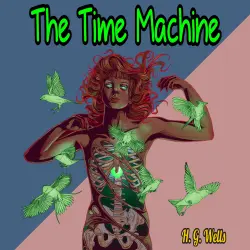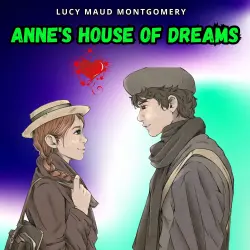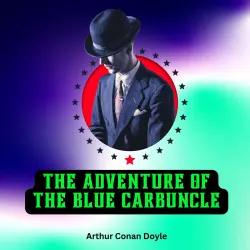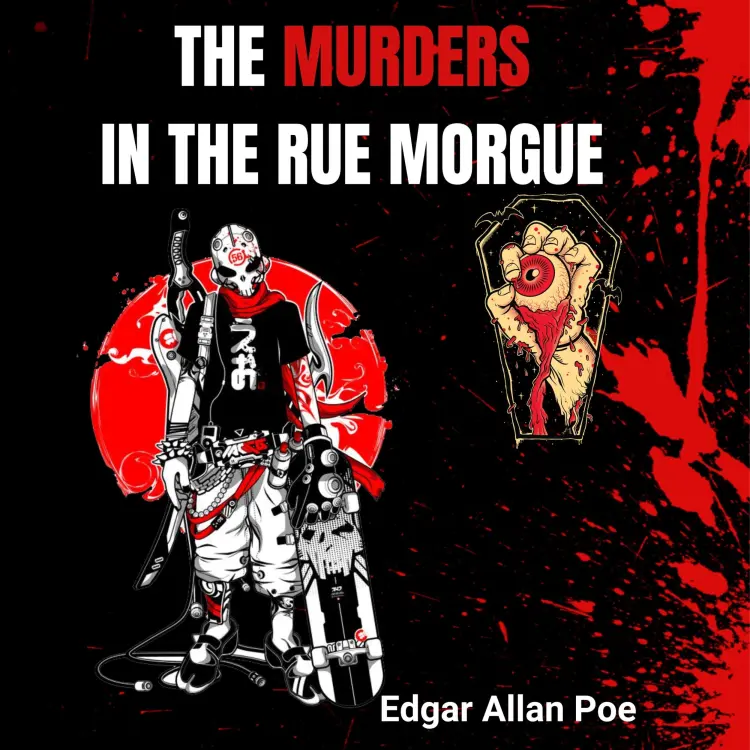
The Murders in the Rue Morgue
Edgar Allan Poe
Unabridged
1 uur 40 minuten
Opmerking: Er kunnen kosten verbonden zijn aan het afspelen van de audioboeken of hoorspelen op de respectievelijke platforms, bijv. Spotify. Lismio heeft geen invloed op welke luisterboeken en hoorspelen beschikbaar zijn op de service.
Sommige artikelen bevatten affiliate links (gemarkeerd met een sterretje *). Als je op deze links klikt en producten koopt, ontvangen we een kleine commissie zonder extra kosten voor jou. Uw steun helpt ons deze site draaiende te houden en nuttige inhoud te blijven maken. Hartelijk dank voor uw steun!
Van de uitgever
The Murders in the Rue Morgue by Edgar Allan Poe is a short story by Edgar Allan Poe published in Graham's Magazine in 1841. It has been described as the first modern detective story;[1][2] Poe referred to it as one of his "tales of ratiocination".
Plot summary:
The unnamed narrator of the story opens with a lengthy commentary on the nature and practice of analytical reasoning, then describes the circumstances under which he first met Dupin during an extended visit to Paris. The two share rooms in a dilapidated old mansion and allow no visitors, having cut off all contact with past acquaintances and venturing outside only at night. "We existed within ourselves alone," the narrator states. One evening, Dupin demonstrates his analytical prowess by deducing the narrator's thoughts about a particular stage actor, based on clues gathered from the narrator's previous words and actions.
During the remainder of that evening and the following morning, Dupin and the narrator read with great interest the newspaper accounts of a baffling double murder. Madame L'Espanaye and her daughter have been found dead at their home in the Rue Morgue, a fictional street in Paris.
The mother was found in a yard behind the house, with multiple broken bones and her throat so deeply cut that her head fell off when the body was moved. The daughter was found strangled to death and stuffed upside down into a chimney. The murders occurred in a fourth-floor room that was locked from the inside; on the floor were found a bloody straight razor, several bloody tufts of gray hair, and two bags of gold coins. Several witnesses reported hearing two voices at the time of the murder, one male and French, but disagreed on the language spoken by the other. The speech was unclear, and all witnesses claimed not to know the language they believed the second voice to be speaking.
A bank clerk named Adolphe Le Bon, who had delivered the gold coins to the ladies the day before, is arrested even though there is no other evidence linking him to the crime. Remembering a service that Le Bon once performed for him, Dupin becomes intrigued and offers his assistance to "G-", the prefect of police.
Plot summary:
The unnamed narrator of the story opens with a lengthy commentary on the nature and practice of analytical reasoning, then describes the circumstances under which he first met Dupin during an extended visit to Paris. The two share rooms in a dilapidated old mansion and allow no visitors, having cut off all contact with past acquaintances and venturing outside only at night. "We existed within ourselves alone," the narrator states. One evening, Dupin demonstrates his analytical prowess by deducing the narrator's thoughts about a particular stage actor, based on clues gathered from the narrator's previous words and actions.
During the remainder of that evening and the following morning, Dupin and the narrator read with great interest the newspaper accounts of a baffling double murder. Madame L'Espanaye and her daughter have been found dead at their home in the Rue Morgue, a fictional street in Paris.
The mother was found in a yard behind the house, with multiple broken bones and her throat so deeply cut that her head fell off when the body was moved. The daughter was found strangled to death and stuffed upside down into a chimney. The murders occurred in a fourth-floor room that was locked from the inside; on the floor were found a bloody straight razor, several bloody tufts of gray hair, and two bags of gold coins. Several witnesses reported hearing two voices at the time of the murder, one male and French, but disagreed on the language spoken by the other. The speech was unclear, and all witnesses claimed not to know the language they believed the second voice to be speaking.
A bank clerk named Adolphe Le Bon, who had delivered the gold coins to the ladies the day before, is arrested even though there is no other evidence linking him to the crime. Remembering a service that Le Bon once performed for him, Dupin becomes intrigued and offers his assistance to "G-", the prefect of police.
